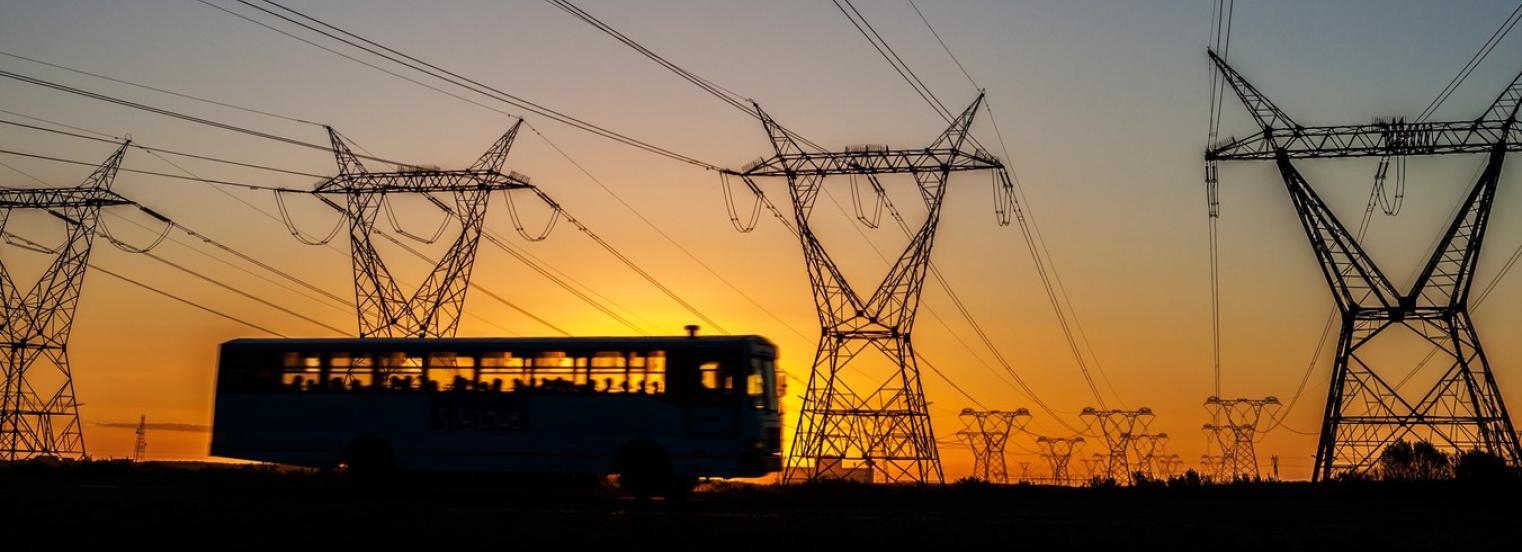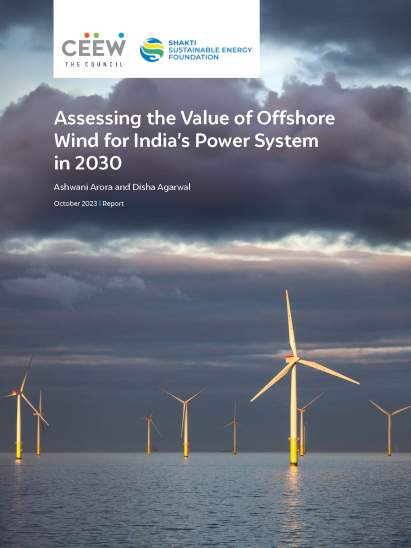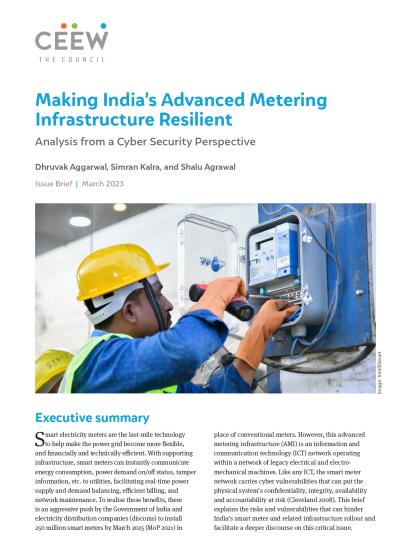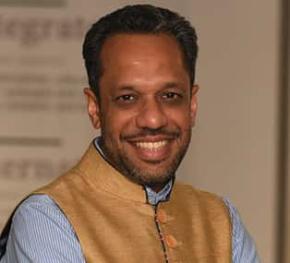




The Indian power market has been evolving rapidly. The increasing share of variable renewable energy in the electricity system requires that the power grid becomes more flexible, power distribution companies (discoms) become financially sound and efficient, and demand is tapped as a flexible resource. All of these require a reassessment of the power markets that would be shaped by dynamic regulations, new business models, innovative financial instruments, and robust institutional frameworks.
We inform and shape the evolution of power markets in India for a clean energy future. We focus on:

Improving Discoms’ Financial ViabilityLearnings from Uttar Haryana Bijli Vitran Nigam

Assessing the Value of Offshore Wind for India’s Power System in 2030

Making India’s Advanced Metering Infrastructure ResilientAnalysis from a Cyber Security Perspective

Fellow and Director - Research Coordination

Senior Programme Lead

Programme Associate

Programme Associate / NGI Fellow

Programme Lead

Consultant

Research Analyst

Programme Lead

Programme Associate

Research Analyst

Research Analyst

Senior Programme Lead

Chief Executive Officer

Research Analyst

Programme Associate

Research Analyst
Comments
The Hindu
Fired Up and Plugged In – Driving India’s Energy Security and Decarbonisation This Decade
Karthik Ganesan, Tarun MehtaThe New Indian Express
Tamil Nadu Has a Responsibility To Decarbonise Its Economy
Karthik GanesanConnecting Dots
Stars Are Mandatory Now – How the Indian Fan Market Is Changing
Ritikaa Khanna, Dhruvak Aggarwal